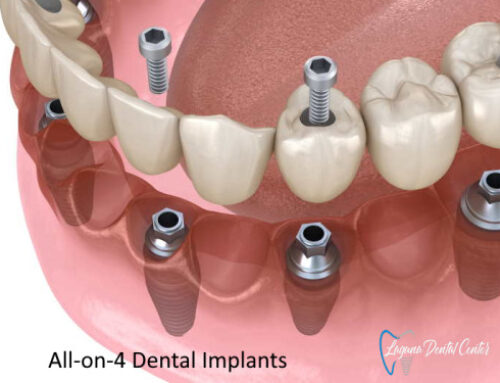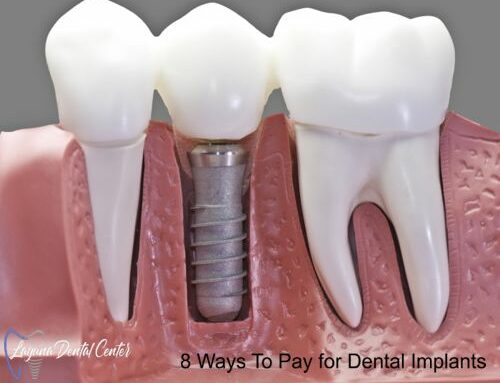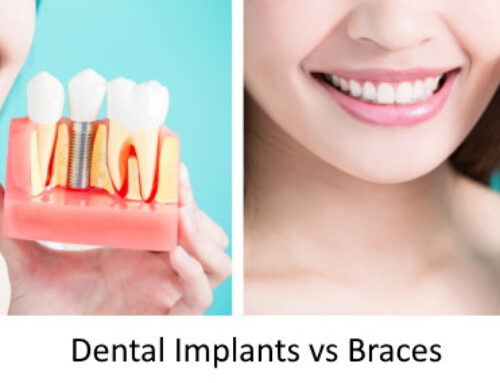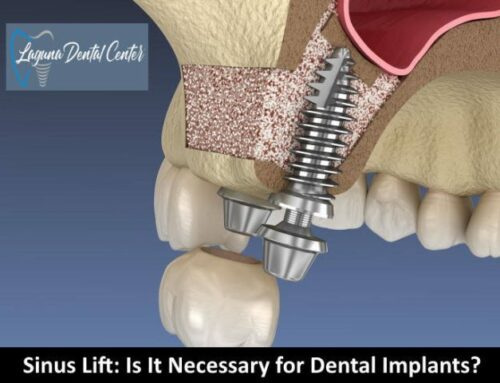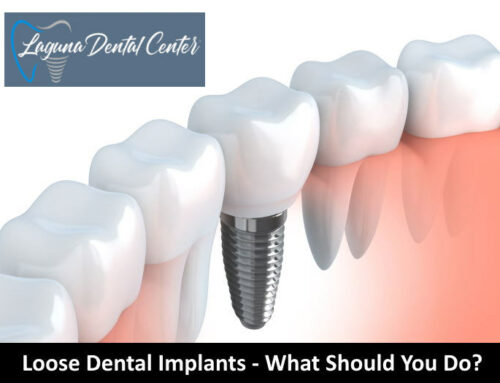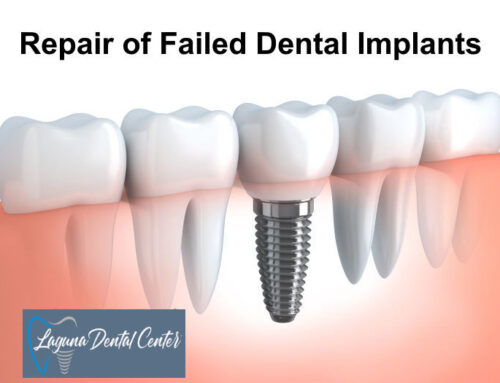Table of Contents

Are dental implants painful?
Post-operative pain from dental implant surgery is typical and can be managed with over-the-counter medicines such as ibuprofen and paracetamol. After 3 to 5 days, the pain and discomfort usually go away. However, there are some situations where you might continue to feel pain for weeks following Tooth Implant surgery, or the pain might get worse.
There are 5 common causes of pain after implant surgery.
- Infection
- Faulty implant
- Nerve or tissue damage
- Bad bite
- Loose implant
Dental implant post-op pain is normal and should go away within a few days. Your dentist will provide you with instructions on how to manage your discomfort and a prescription for painkillers.
How long should I expect to be in pain?
In the first 24 to 48 hours following dental implant surgery, the usual pain level for a patient is between 2 and 3. The pain level is measured on a scale of one to ten, where one denotes minor discomfort and ten denotes severe pain. The majority of patients will experience a peak in their pain 48 to 72 hours after implant surgery. However, the pain will subside rather quickly. Many patients can return to work the next day while only a few individuals need to take more than one or two days off from work after their dental implant surgery. The majority of patients recover totally from dental implant surgery within a week or two. You shouldn’t experience any soreness or tenderness after your mouth has healed.
What should I do if I am still in pain 2 weeks after surgery?
It is not normal if you have pain or discomfort 2 weeks following your dental implant procedure. To find the cause and get the right treatment, you should call your dentist right away for a consultation.
What could be causing tooth implant pain?
Any recurrence of discomfort or pain within the first few months after dental implant surgery could be a sign that the dental implant has failed. Dental implant failure can be the result of a poorly fitted implant, peri-implantitis, insufficient jawbone mass, damage to the nerve or tissue, allergy, and infection.
What are the causes of dental implant failure in the early stage?
The five most common causes of early dental implant failure are listed below..
- Surgical trauma
- Infection
- Insufficient jawbone mass
- Sinus problems
- Lack of primary stability
What are risk factors for long term dental implant failure?
There are four common risk factors for late failed dental implants.
- Peri-implantitis
- Occlusal overload
- Nerve or tissue damage
- Failed osseointegration
Fixing a failed dental implant through dental implant repair is preferred for slight shifting or loosening of the dental implant, Extreme pain or discomfort, Gum recession around the tooth implant, Difficulty in chewing or biting Inflammation of the gums.
How can I reduce dental implant pain?
Following dental implant surgery, you can take over-the-counter painkillers to temporarily ease soreness and discomfort. Use an ice pack on the implant site as needed to reduce swelling and ease the pain. Instead of eating hard foods or drinking hot beverages, you should eat soft and cold drinks. Get plenty of rest and avoid physically demanding activities. To get rid of bacteria and lower the risk of infection, rinse your mouth with warm salt water. You must also maintain proper oral hygiene every day, eat a nutritious diet, quit smoking, visit the dentist regularly, and refrain from alcohol use to prevent dental implant failure.

